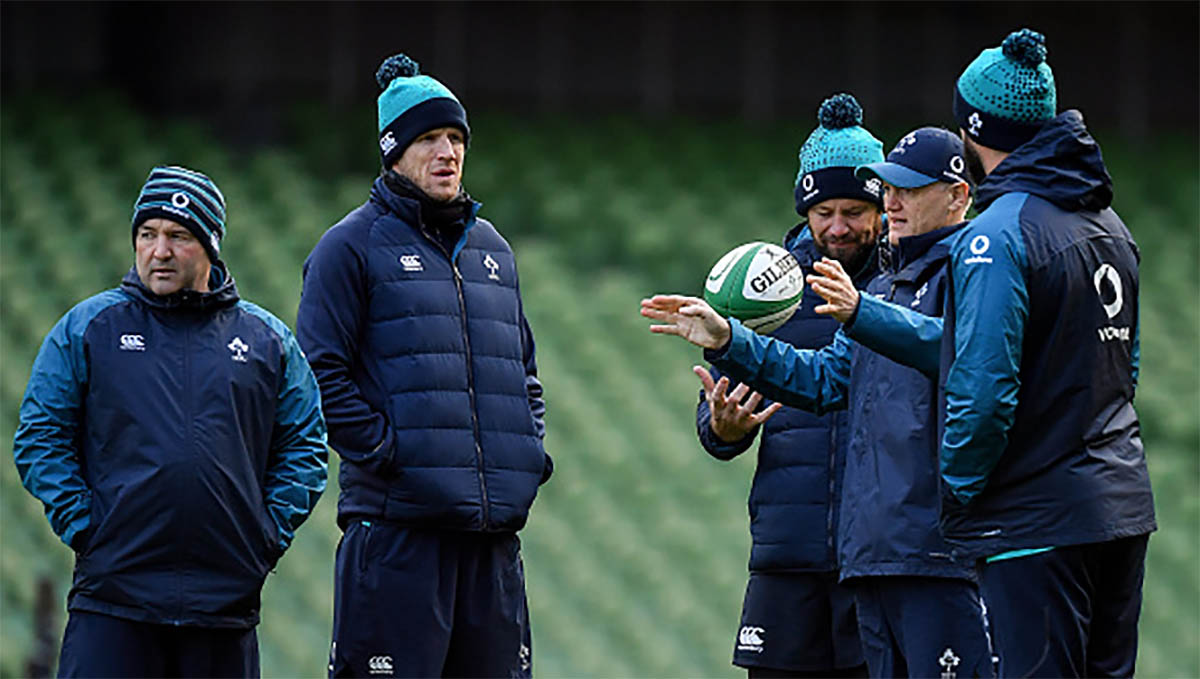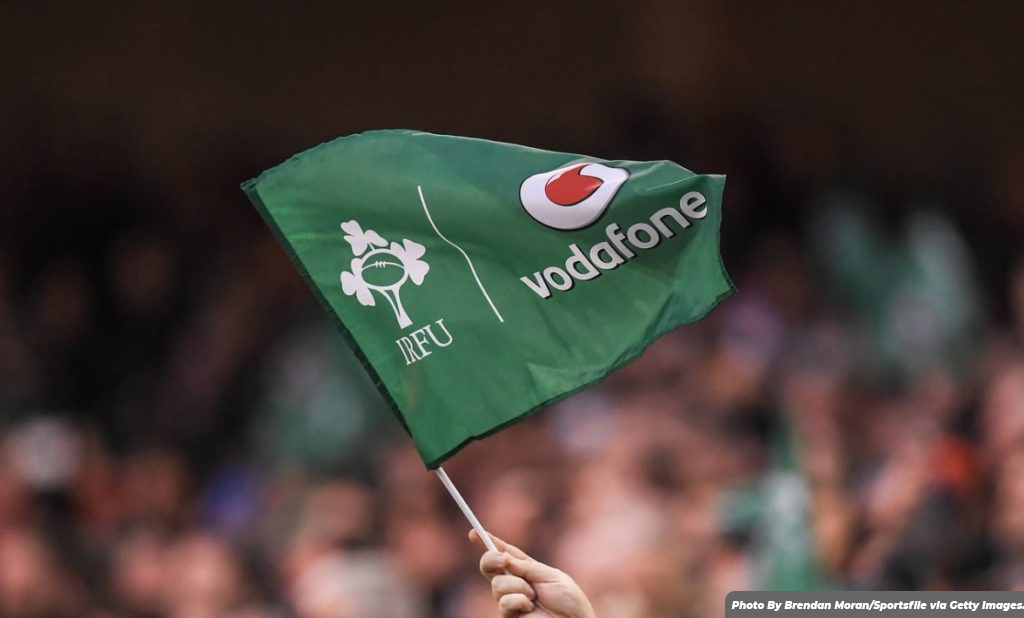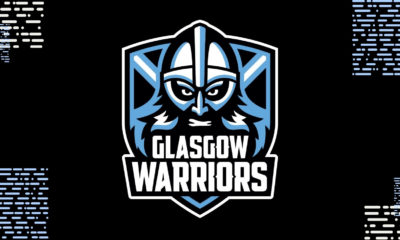6 Nations
Injuries Pile Up, but Who Should Start for Ireland?
After Ireland’s defeat to England questions have been raised so who should be given a chance to play in Murrayfield?

With the loss to England fresh in the mind Ireland must move on quickly and pick themselves up before facing Scotland in Murrayfield on Saturday.
The thing on everyone’s mind is who will Joe Schmidt pick in his matchday 23 to bounce back.
It has been confirmed that Garry Ringrose, Devin Toner and CJ Stander will play no part against the Scots after picking up injuries which could force Schmidt’s selection slightly.
Update: @Ringrose_G & @DevinToner4 have been ruled out for the game against Scotland.@KEITHEARLS87 trained today.
— Irish Rugby (@IrishRugby) February 5, 2019
The main criticism that the team has faced in the aftermath of their defeat was their lack of intensity throughout the game. So, who could bring that up, who could kick start their championship?
To start with, the front-row. The pack was inferior to the English last weekend, but the front-rowers are unlikely to change with most expecting Cian Healy, captain Rory Best, and Tadhg Furlong to retain their places.
They had a bad day at the office, however it would be hard to see any of them getting dropped.
In the locks James Ryan is almost certain to continue in the team, the question is who will partner him? It’s between last week’s sub Quinn Roux, Ultan Dillane, and newly drafted in Billy Holland after Toner was ruled out.
Roux has been a regular on the bench over the past while under Schmidt so he would appear the most likely to come into the starting XV, with Dillane or Holland on the bench.
The back-row is another area where a change is certain after it was confirmed CJ Stander played 62 minutes against England with two fractures in his cheek and eye socket. An injury which leaves him out for a minimum of four weeks.
Not the result we wanted but an incredible experience nonetheless and proud of @CJStander playing 62 mins with two fractures in his cheek and eye socket ? pic.twitter.com/GUswqOO8QJ
— Ryk Neethling (@RykNeethling) February 2, 2019
The options at No 8 would probably be Jack Conin, an out and out eight, or the highly versatile Sean O’Brien. Rhys Ruddock and Jordi Murphy are other options, but what would seem clear is that whoever is picked will play with Peter O’Mahony and Josh Van Der Flier.
O’Mahony’s position is never really under question when he is fit as his leadership and work rate would see him into nearly any team. Van Der Flier has surely cemented his place in the side for at least this match after an outstanding showing in defeat, in which he made a sensational 19 tackles.
No 6 O’Mahony believes Leinster man O’Brien should start, but admits that he doesn’t pick the team, it’s only his opinion.
“I’m not going to sit here and pick the team, but Sean O’Brien, the name along speaks for itself,” he said when speaking about the weekend.
“He’s been unlucky with injury here and there, but there isn’t anybody more professional and a big-game player than Sean O’Brien,” he added showing his support for O’Brien’s inclusion.
Elsewhere, the half-backs are pretty set in stone with Conor Murray and Johnny Sexton expected to continue at scrum-half and out-half respectively.
Joey Carbery could be a surprise inclusion if there is any doubt over Sexton but is more likely to remain on the bench.
Bundee Aki will probably be at 12, and after his stint at full-back, Robbie Henshaw is almost certain to come in at 13 for the injured Garry Ringrose.
Chris Farrell is another option, along with utility back Will Addison if Schmidt wants to switch things up.
Henshaw’s move from 15 will mean changes to the back three too.
Last year’s player of the championship, Jacob Stockdale, has to stay at 11 after he still managed to make 78 metres last weekend with hardly any ball in hand.
Keith Earls trained well earlier today but was unconvincing against England before his withdrawal at half-time. That could open up the door for the likes of Jordan Larmour or Will Addison to sneak onto that wing, but probably not.
Andrew Conway would have been an option but has returned to Munster following an injury and is unavailable.
Rob Kearney is the most obvious choice to replace Henshaw at full-back after being left out last weekend. It is an opportunity he would relish to show his worth to the team.
Larmour and Addison could also be considered, however Kearney would be the most reliable selection. Whoever is picked will have to be up for a lot of running with Scotland’s Stuart Hogg on top form at the moment.
Outside the starting team, the bench is as competitive.
Sean Cronin is most likely to be at 16 while Jack McGrath and Dave Kilcoyne will both be options at 17, and Andrew Porter probably at 18.
Whoever misses out between Roux, Dillane, and Holland in the battle to partner Ryan in the second-row will have to fight for a place on the bench too.
Holland being drafted into the squad would suggest he will probably be an impact sub to come in after the hour mark.
Again, the losers of the war in the back-row between Murphy, O’Brien, Ruddock and Conan will have to compete to be in the 23.
John Cooney is certain to be on the bench after his brilliant cameo last weekend when he scored a try and impressed with his quick hands.
Carbery will have to be in the squad with his quality, so if not in the first 15 he will be the 22nd man.
Larmour and Addison will be the three that will be trying to force their way into the 23.
The changes will bring new dimensions, but the team as a whole will need to bring their A-game to win back the fans and send a message out that they are still in the running for the World Cup.
No place is certain following last weekend’s defeat and with the likes of Dan Leavy, Tadhg Beirne, Luke McGrath, and so on to also come back from injury before Japan. This is not only a chance to get back in
Related Articles:
6 Nations
Munster Rugby Announce Contract Deals For Murray, Daly & Gleeson

Munster Rugby and the IRFU are pleased to confirm contract extensions for Conor Murray and Jack Daly with Brian Gleeson to be promoted from the Academy to the senior squad next season.
Murray and Daly have signed one-year extensions with Gleeson moving up to the senior squad on a two-year deal.
Gleeson is one of five Academy players moving up to the senior squad next year with Tony Butler, Ethan Coughlan, Mark Donnelly and Edwin Edogbo also signing two-year deals.
Conor Murray is one of the most decorated scrum-halfs in world rugby with 116 Ireland caps and three British & Irish Lions tours to his name.
A former St Munchin’s College student, the Garryowen man won his fifth 6 Nations title with Ireland last month and earned his second league title with Munster last season.
The 34-year-old has made 185 Munster appearances and scored 34 tries for the province to date and was named on World Rugby’s Team of the Decade in 2019.
25-year-old flanker Jack Daly came up through the ranks at Castleisland RFC and made his Munster debut against Zebre in 2020.
Daly joined the Academy in 2018, moved up to the senior squad in 2021 and plays his AIL rugby with Garryowen. A former Ireland U20 international, he made his Champions Cup debut against Toulouse in the quarter-final at the Aviva Stadium in 2022.

Try-scoring number 8 Brian Gleeson leads the charge for the Ireland Under-20s against France ©INPHO/Evan Treacy
20-year-old Gleeson moves up to the senior squad after just one year in the Academy that has seen him score one try in nine senior appearances.
Currently out of action with an ankle injury, he had already made three Champions Cup appearances before turning 20.
The powerful back-row forward was a Grand Slam winner with the Ireland U20s last year. plays his AIL rugby with Garryowen and came up through the ranks at Thurles RFC and Rockwell College.
Images & Content from Irish Rugby & Images © Inpho Photography
6 Nations
Farrell Names Ireland Match Day Squad To Face Scotland In Dublin

Head Coach Andy Farrell has named his Ireland Match Day Squad for Saturday’s Guinness Men’s Six Nations clash against Scotland at Aviva Stadium (Kick-off 4.45pm).
Ireland – currently sitting top of the Six Nations table heading into Super Saturday – can clinch back-to-back Championship titles with victory over Scotland in Dublin.
Farrell has named an unchanged starting XV for the Round 5 clash, as Hugo Keenan, Calvin Nash and James Lowe continue in the Ireland back three. Robbie Henshaw and Bundee Aki are once again selected in midfield, with Jack Crowley and Jamison Gibson-Park the starting half-backs.
Andrew Porter, Dan Sheehan and Tadhg Furlong pack down in the front row, with Joe McCarthy partnering Tadhg Beirne – who is set to win his 50th Test cap for Ireland – in the engine room.
Captain Peter O’Mahony is at blindside flanker, Josh van der Flier is at openside and Caelan Doris completes the starting XV at number eight.
The Ireland Coaching Team have opted for a 5-3 split on the bench, with Rónan Kelleher, Cian Healy, Finlay Bealham, Ryan Baird and Jack Conan providing the reinforcements up front, and Conor Murray, Harry Byrne and the fit-again Garry Ringrose the backline options.

Saturday’s match is live on Virgin Media One and ITV, with live radio coverage available on RTE Radio 1.
Ireland Team & Replacements (v Scotland, Guinness Men’s Six Nations, Saturday, March 16, 4.45pm)
15. Hugo Keenan (UCD/Leinster)(39)
14. Calvin Nash (Young Munster/Munster)(5)
13. Robbie Henshaw (Buccaneers/Leinster)(71)
12. Bundee Aki (Galwegians/Connacht)(55)
11. James Lowe (Leinster)(30)
10. Jack Crowley (Cork Constitution/Munster)(13)
9. Jamison Gibson-Park (Leinster)(34)
1. Andrew Porter (UCD/Leinster)(63)
2. Dan Sheehan (Lansdowne/Leinster)(25)
3. Tadhg Furlong (Clontarf/Leinster)(75)
4. Joe McCarthy (Dublin University/Leinster)(9)
5. Tadhg Beirne (Lansdowne/Munster)(49)
6. Peter O’Mahony (Cork Constitution/Munster)(captain)(104)
7. Josh van der Flier (UCD/Leinster)(61)
8. Caelan Doris (St Mary’s College/Leinster)(40)
Replacements:
16. Rónan Kelleher (Lansdowne/Leinster)(30)
17. Cian Healy (Clontarf/Leinster)(128)
18. Finlay Bealham (Buccaneers/Connacht)(39)
19. Ryan Baird (Dublin University/Leinster)(19)
20. Jack Conan (Old Belvedere/Leinster)(45)
21. Conor Murray (Garryowen/Munster)(115)
22. Harry Byrne (UCD/Leinster)(3)
23. Garry Ringrose (UCD/Leinster)(57).
Images & Content from Irish Rugby & Images © Inpho Photography
6 Nations
Farrell Names Ireland Team To Face England At Twickenham

Head Coach Andy Farrell has named his Ireland Match Day Squad for Saturday’s Guinness Men’s Six Nations clash against England at Twickenham (Kick-off 4.45pm).
Peter O’Mahony captains Ireland for the Round 4 visit to London, with Hugo Keenan returning to the starting XV after recovering from injury.
Keenan joins Calvin Nash and James Lowe in the Ireland back three, with Bundee Aki and Robbie Henshaw continuing their midfield partnership.
Jack Crowley and Jamison Gibson-Park are retained as the half-back pairing.
In the pack, Andrew Porter, Dan Sheehan and Tadhg Furlong are in the front row, with Joe McCarthy and Tadhg Beirne named in the engine room. Captain O’Mahony is at blindside flanker, Josh van der Flier is at openside and Caelan Doris completes the starting XV at number eight.
The Ireland Coaching Team have selected a 6-2 split on the bench, as Ronan Kelleher, Cian Healy, Finlay Bealham, Iain Henderson, Ryan Baird and Jack Conan provide the reinforcements in the pack.
Backs Conor Murray and Ciaran Frawley complete Ireland’s Match Day 23 to face England.
Saturday’s match is live on RTÉ2 and ITV.
Ireland:
15. Hugo Keenan (UCD/Leinster)(38)
14. Calvin Nash (Young Munster/Munster)(4)
13. Robbie Henshaw (Buccaneers/Leinster)(70)
12. Bundee Aki (Galwegians/Connacht)(54)
11. James Lowe (Leinster)(29)
10. Jack Crowley (Cork Constitution/Munster)(12)
9. Jamison Gibson-Park (Leinster)(33)
1. Andrew Porter (UCD/Leinster)(62)
2. Dan Sheehan (Lansdowne/Leinster)(24)
3. Tadhg Furlong (Clontarf/Leinster)(74)
4. Joe McCarthy (Dublin University/Leinster)(8)
5. Tadhg Beirne (Lansdowne/Munster)(48)
6. Peter O’Mahony (Cork Constitution/Munster)(captain)(103)
7. Josh van der Flier (UCD/Leinster)(60)
8. Caelan Doris (St Mary’s College/Leinster)(39)
Replacements:
16. Ronan Kelleher (Lansdowne/Leinster)(29)
17. Cian Healy (Clontarf/Leinster)(127)
18. Finlay Bealham (Buccaneers/Connacht)(38)
19. Iain Henderson (Academy/Ulster)(80)
20. Ryan Baird (Dublin University/Leinster)(18)
21. Jack Conan (Old Belvedere/Leinster)(44)
22. Conor Murray (Garryowen/Munster)(114)
23. Ciaran Frawley (UCD/Leinster)(3)
Images & Content from Irish Rugby & Images © Inpho Photography













